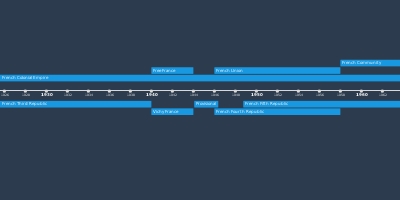Pierre Bérégovoy (2 abr 1992 año – 29 mar 1993 año)
Descripción:
Pierre Eugène Bérégovoy was a French politician who served as Prime Minister of France under President François Mitterrand from 2 April 1992 to 29 March 1993. He was a member of the Socialist Party and Member of Parliament for Nièvre's 1st constituency.After the 1992 regional elections, which were a disaster for the PS, he was finally appointed Prime Minister and formed a new minority government. He promised to fight unemployment, economic decline and corruption. During his inaugural speech in the French National Assembly, he claimed he knew the names of politicians from the right-wing opposition implicated in corruption scandals, causing a great hue and cry. Bérégovoy forced Bernard Tapie, his Minister of Urban Affairs, to resign in May 1992 after his indictment by the French justice. He thus created the misnamed "Balladur jurisprudence". In social policy, a number of reforms were carried out. In November 1992 a law was passed that inserted a (arguably narrow) definition of sexual harassment into the labour code and empowered the labour inspectorate and workplace committees to enforce it. In May 1992, increased aid was provided to farmers, mainly comprising reductions in the agricultural land tax and increased grants for young farmers. In June 1992, the French parliament passed a bill which required mayors to encourage social mixing in public housing. A law of 12 July 1992 was aimed at enhancing both the status of child-minders and "the quality of day care for children in a family environment," and a law of 29 July 1992 improved entitlement to medical assistance. The Sapin law of January 1993 sought to prevent corruption and encourage transparency "in economic activities and public procedures," and a law of January 1993 established "the principle of joint parental authority in the legitimate family, even if a divorce occurs." In addition, the coverage of housing benefits was extended in 1993.
After nearly a year as Prime Minister, Bérégovoy led the Socialist Party into the electoral collapse of the March 1993 parliamentary elections: the governing party, which previously held 260 seats (29 short from an overall majority), was reduced to only 53 seats, thus constituting the worst electoral defeat in the French left's history and one of the worst ever suffered by a governing party in French history. He resigned as PM on 29 March 1993.
Añadido al timeline:
fecha:
2 abr 1992 año
29 mar 1993 año
~ 12 months
